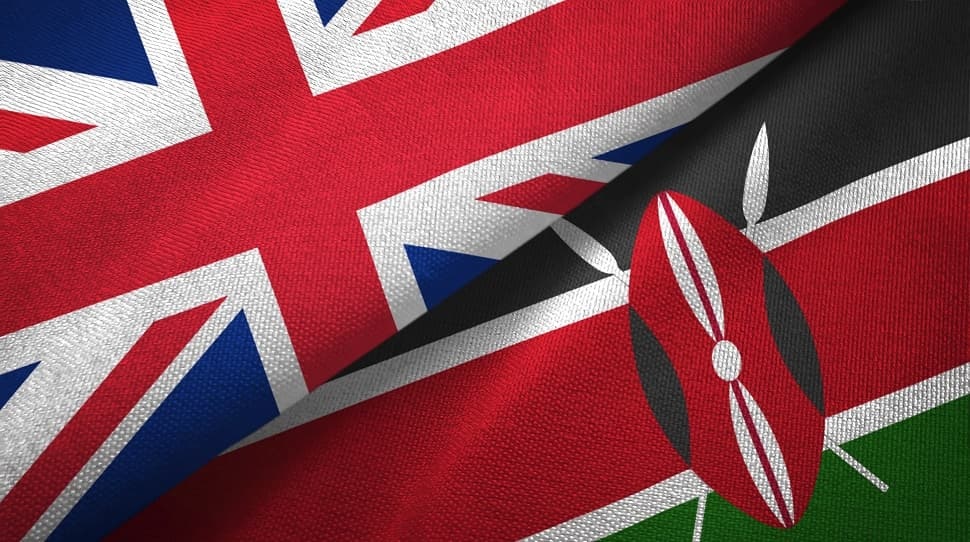By choosing Kenya, the British government and monarchy seek to highlight the importance they attribute to the east African nation. It also shows other Commonwealth members that it’s possible for a republic to have a positive relationship with Britain. Some Commonwealth states like Jamaica are contemplating removing the king as head of state.
King Charles’ visit is meant to celebrate the warm relationship between the two countries. It will also acknowledge the more painful aspects of the UK and Kenya’s shared history.
The relationship with Kenya remains one of Britain’s more positive post-colonial relationships. However, there have been calls for Britain to apologise and make reparations for its brutal suppression of freedom fighters. People in Kenya, Britain and other former colonies will be watching closely to see what the king has to say.
I’m a historian who has studied and written about the political relationship between Britain and Kenya in the decades after independence. In my view, the relationship has taken a positive tilt since independence for three reasons. These are: the choices of Kenya’s first independent president; diplomatic, economic and ideological alignments; and military ties.
Kenya and Britain’s history
Kenya became a British colony in the late 19th century. A small minority of white British settlers held almost all of the political and economic power. The British government planned to make Kenya a “multi-racial” state. The small white European and Asian populations of 55,700 and 176,600 people, respectively, would have equal or more power than the black majority of 8.3 million. Only in 1960 did the British government accept that Kenya should have majority rule and independence.
Independence celebrations in 1963 were preceded by a difficult period of negotiation and violence. A state of emergency was declared in 1952 in response to the Mau Mau uprising. This was an armed rebellion among one of Kenya’s major tribes, the Kikuyu, fighting for land and freedom.
The emergency lasted until 1960. Over this period, thousands of Kenyans were killed, and tens of thousands were detained in camps without trial. The camps became sites of violence and abuse.
With this past, a close post-colonial relationship between Kenya and Britain can appear surprising. It was expected that Kenya would turn away from Britain and towards other international partners, such as the US or the Soviet Union.
Instead, the relationship has largely been close and friendly, with trade benefits, alignment on significant issues and strong military ties.
Continues at...

Read the full article by Dr Poppy Cullen at The Conversation.
